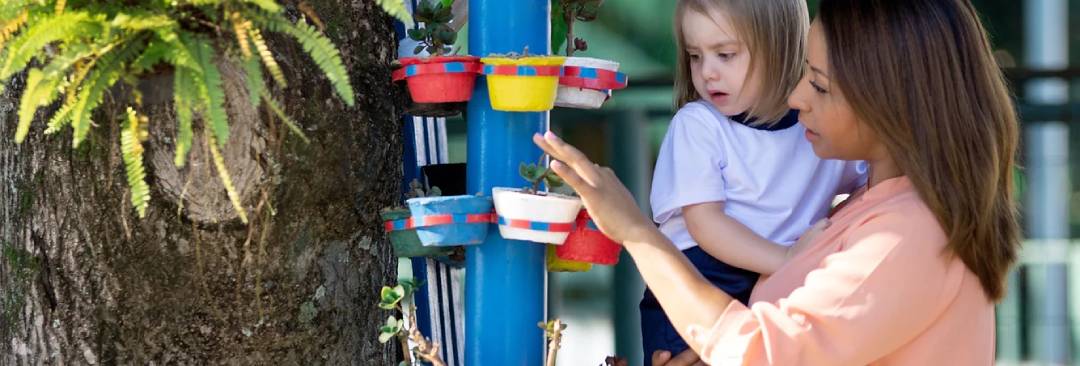Menu

The Recognition of Prior Learning (RPL) initiative for the (Advanced) Certificate in Early Childhood Education and Care provides a framework for acknowledging the expertise and experience of educators in regulated children's education and care services in Australia. Here are the key responsibilities outlined for educators at this advanced level:
Overall, educators at the advanced level of early childhood education and care demonstrate a high level of professionalism, expertise, and dedication to providing quality care and education to young children. Through their leadership, creativity, and commitment to best practices, they contribute significantly to the positive development and well-being of children and families in their care.
Childcare workers must have completed 280 of work in a regulated children's education and care service in Australia as detailed in the Assessment Requirements of units of competency.
The number of hours may be applied collectively across all units of competency that include the requirement for workplace hours.
Candidate who'd like to explore new opportunities or to advance their career can consider:
For information on the Diploma of Early Childhood Education and Care and for the full list of units of competency, please visit training.gov.au
